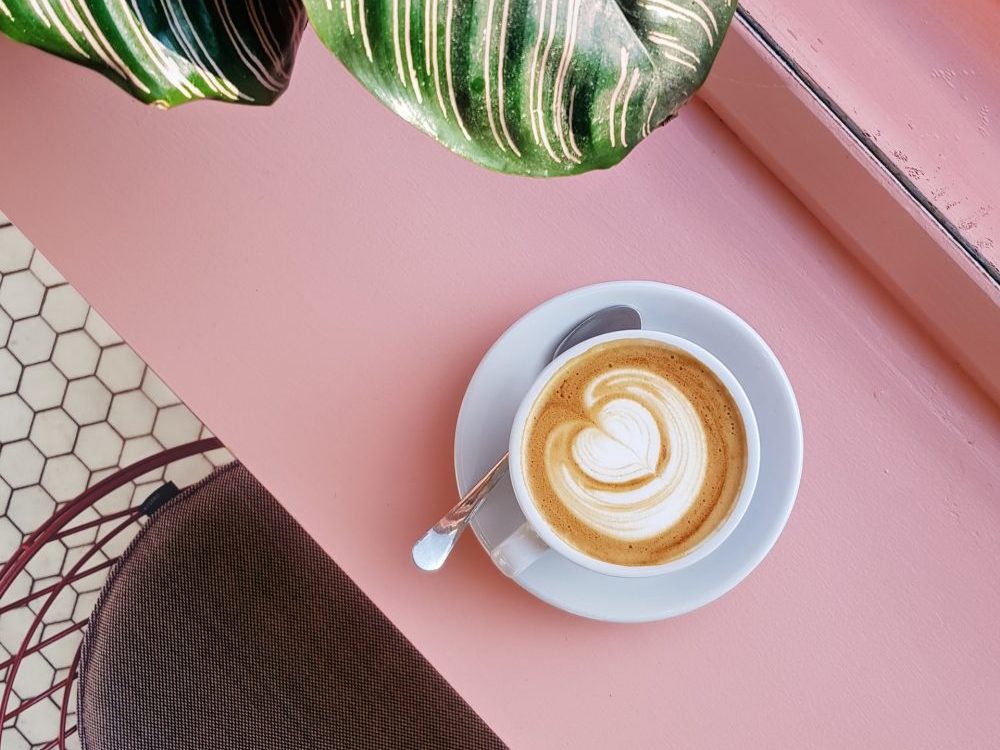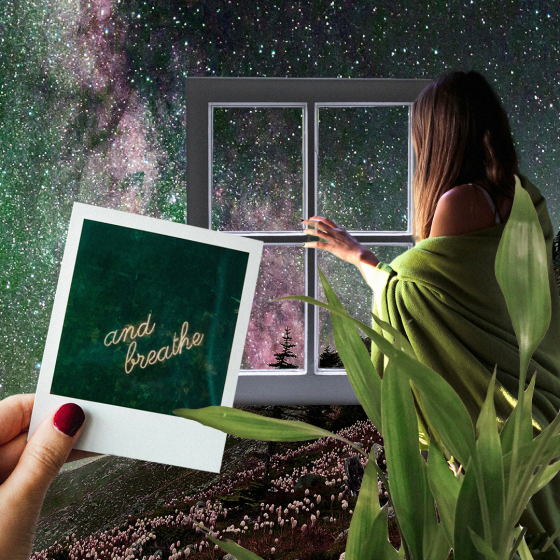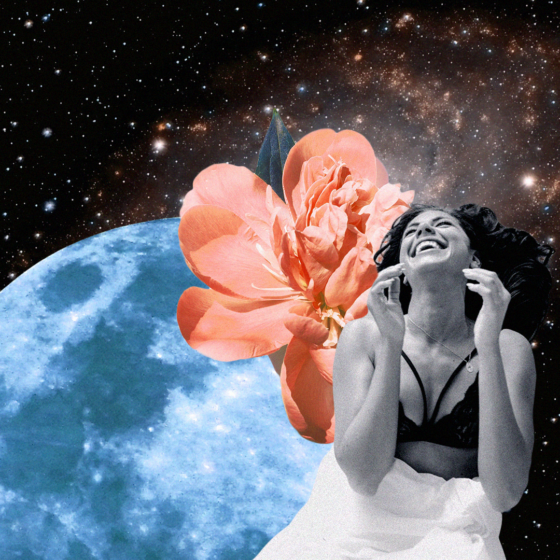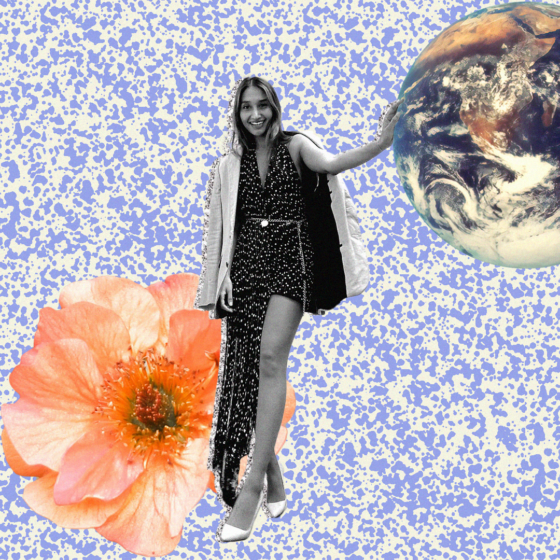I’m on a packed commuter train out of London Bridge when the carriage grinds to a halt. Squashed up against the glass, my heart starts to beat faster and faster in my chest. I don’t like small spaces at the best of times but today’s reaction is more extreme than I am used to. It’s then I remember the coffee I had after lunch.
Me and coffee have a love-hate relationship. I really love the taste. Especially a perfectly poured oat milk latte. I love the ritual of buying a cup. Whether it’s marking the start of a productive weekday or held between hands on the start of a weekend walk, blowing away the cobwebs and seeing off a lingering hangover. Paying £3 for a cup of boiling water and a flimsy tea bag just doesn’t seem justified or appealing. I love the way coffee makes me feel – tap tap tapping at my laptop, bashing through word counts and whipping out emails – until suddenly it doesn’t. After the initial buzz has passed, it leaves me the wrong kind of wired: unable to concentrate, flitting between tasks and struggling to manage the various tabs in my brain. There’s heart palpitations, a heavy feeling in my chest and knots in my stomach.
When I speak with GP Dr Najia Shaikh, she explains why coffee can have this reaction on some people. “Caffeine acts on the central nervous system. It’s structurally similar to adenosine, a chemical that makes us sleepy. When we drink coffee, caffeine binds to our brain’s adenosine receptors instead of the adenosine and stops us feeling tired.” However, when we have too much for us to handle, it can do more than just perk us up. “Caffeine increases cortisol levels – your fight or flight response – and can make anxiety worse and can even trigger an anxiety attack,” she warned.
The moment at which this happens varies greatly from person to person. “Tolerance is determined by genetics and other factors like your age, body mass, and overall health,” Dr Shaikh said. “Symptoms of caffeine sensitivity may include a racing heartbeat, headache, anxiousness or insomnia,” she pointed out.
“Ideally you shouldn’t have more than 200-300 mg of caffeine per day,” Dr Nerina Ramlakhan, a physiologist and sleep therapist, recommended. That works out at about four espresso size shots of coffee but strength does vary between beans. “Given that the half life of caffeine (the time it takes your body to fully eliminate it) is approximately five hours, the anxiety-provoking effects can stick around for a while,” she advised.
Despite this clear correlation between coffee and my increased anxiety, I continued – until very –recently to drink the stuff. From the ‘But first, coffee’ scribbled on a cafe chalkboard to the person declaring ‘99% caffeine’ on their Instagram bio, we live in a highly caffeinated society. Coffee is by far the most popular drink in the world and over 400 billion cups are consumed every year. Until the late nineties, in the UK coffee was often a cup of instant stuff (unless you were holidaying in Europe and drinking from a cafetière) but now we drink 95 million cups every day. First there was the explosion of chain coffee shops, then the trail of independent artisan alternatives and now a whole subculture dedicated to beans, baristas and blends discussed like fine wine or craft whisky. The message is loud and clear: it’s cool to drink coffee and I had major FOMO.
My on-off relationship with coffee made it worse. The less I drank the more sensitive I became and the worse my post-cup anxiety got.
“If you consume the same amount of caffeine on a daily basis, your body will develop a tolerance to it.” Dr Shaikh confirmed. Instead, I realised late last year, I needed to quit the stuff for good.
Now, I’ve finally admitted that I will never be that person who can handle caffeinated coffee, I’ve had to learn to switch up my drinks orders. It was tricky at first: my knee-jerk reaction when faced with a barista or sat amidst a table full of coffee drinkers was to dabble once again. ‘It’s only coffee’ my brain would try and say to tempt me. However, slowly the voice has quietened and I’ve discovered the joy of other hot beverages. Chai lattes, hot chocolate or a good old green tea feature regularly as does –whisper it – decaf coffee. I was sceptical at first and felt both awkward asking for it and dealing with the questions from naysayers. After all, it doesn’t have the best rep – just take a look at the hashtag #deathbeforedecaf on Instagram. However, order at a reputable coffee shop and it tastes just as good (identical even) and it still scratches the itch of that coffee ritual I so often crave. What’s the point in drinking coffee without caffeine you might ask? Well, it turns out you can get all the benefits minus the unwelcome side effects.
Of course, like anything to do with mental health, there is no silver bullet. Anxiety is a complex puzzle and caffeine is just one of the pieces. There’s good days and some less good ones but any small lifestyle changes that can maximise the former and minimise the latter is a big win in my book. And I’m pleased to say I’ve avoided any further incidents on a packed mode of transport.









